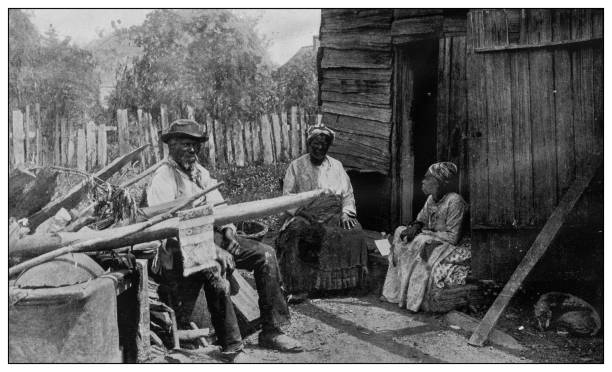What Does It Mean To Be Black In The American Educational System

Many still believe that racism has not become a problem in America. In the
wake of the election of President Obama academic John McWhorter argued that
racism in America is, for all intents and purposes, dead. The prominent
conservative scholar and African-American economist Thomas Sowell has argued
that "racism isn't dead, but it is in life support." Harvard professors William
Julius Wilson and Roland Fryer too have argued about the declining significance
of race and discrimination.
As Obama's presidency winds down However, it appears that the diminishing
importance of race and discrimination claims is completely in contradiction to
the actual situation of African-Americans. Obama has faced racist treatment
including the birther controversy, as well as one of his staff members saying
"you lie." Each of these incidents has revealed the sad reality that black men
tend to be more at risk of being killed by the police than anyone else. You can
obtain more info on visit by browsing black writers website.
Many black Americans are victims of discrimination and racism. This is a
matter of particular importance for me as an African-American scholar who
studies experiences and experiences of college students of African descent.
Studies have shown that students of color suffer more stress as a result of
discrimination based on race than other racial and ethnic groups. The
unfortunate reality is that black Americans are subject to marginal and unspoken
discrimination right beginning in the early years and continuing to
college.
Here are the findings of these studies
The results of a new survey by the Pew Research Center underscore this point.
The study found that the black Americans with some college experience are more
likely to report that they've been discriminated against as compared to those
who didn't report having any college experience.
Additional survey results revealed several distinctions between people who
have college degrees versus those without college education. For example 55% of
those with college experience said that people had acted suspicious of them in
the last 12 months, whereas 38% of respondents without college experience
claimed this.
Similar to that, 52 percent of people with some college experience claimed
that they had been treated as if they thought the person wasn't intelligent,
compared with 37 percent of those without college education.
So, what are the issues of race and racism that confront African-American
students throughout their schooling?
The Story of Tyrone
Let's consider the case of Tyrone. Tyrone is a four-year-old black boy, was
raised in a home that had two parents. Tyrone, like most four-year-olds, is
smartly curious and has a lively imagination. He is a big fan of reading and
loves to paint. He also enjoys playing with his pals and engaging in physical
activities such as running, jumping, and playing games.
Behaviorally, Tyrone is also similar to many four-year-olds in that the
majority of his time, he talks more than listen. He can be temperamental. Tyrone
is known to engage in kicking, hitting and spitting behaviors when he's
upset.
A few days ago, Tyrone was playing with a buddy and was defeated. Tyrone was
furious and kicked the ball at his opponent. Tyrone's actions were immediately
discovered by an instructor who confronted him.
Angry about being confronted, Tyrone started to walk away. The teacher was
able to grab his arm. Tyrone responded by pushing the teacher away. Tyrone was
taken to the principal's offices by the teacher. After consultation with the
principal Tyrone was deemed to be a danger to staff members and
students.
The schooling process in the first years of life
This seems to be a simple situation of imposing the proper sanctions on
students suspected of engaging in serious misconduct. There does not appear to
be anything specifically racial in the exchange.
But, take into consideration that there have been many instances of white
students engaged in similar behaviour, and none of them ever result in being
suspended. This is the reality that the black students face every day in
American schools.
Black boys are three times more likely to get suspended than white boys, and black girls four times more likely than white girls to be suspended. Black students are more likely to be detained for misbehavior than the rest of the students.
Comments
Post a Comment